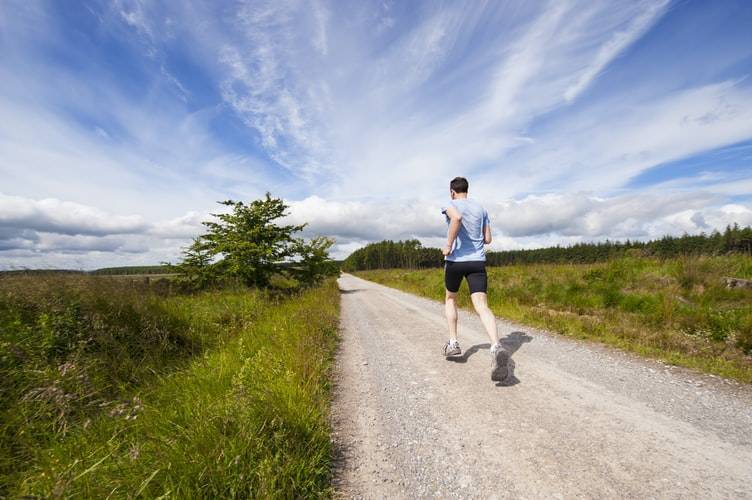Exercising and maintaining a healthy lifestyle during the holy month of Ramadan can be challenging when you are unable to drink water or eat from sunrise to sunset. However, fitness experts say there are ways to do it. In this regard, three personal trainers were asked to share their tips for staying fit during Ramadan, according to "The Independent."
1. **Hydration**
Drinking as much water as possible between iftar (your meal at sunset) and suhoor (the pre-dawn meal) can help reduce the risk of dehydration throughout the day—especially if you plan to exercise at some point, says Sani Salik, personal trainer and Bio-Synergy ambassador.
2. **Find Your Golden Hour**
Fasting varies from person to person, so it’s all about finding the best time for your workout. Salik says, "I personally train in the evening, a few hours after iftar, because I can drink water during the sessions without worrying about dehydration." Souad Gharib, owner of the female-only personal training service Female Trainer, states that doing her workouts early in the day helps her feel energized during the tough afternoon hours when hunger and fatigue usually set in. She says, "Exercising before iftar works for me, as I personally feel I have more energy if I do it first thing in the morning."
3. **Join a 24-Hour Gym**
Salik says, "If you join a local gym that operates 24 hours during Ramadan, it gives you the flexibility to work out after iftar or between prayers. You can certainly work out at home, but I love getting out and living in a new environment."
4. **Try Strength Training**
If you are a fan of HIIT workouts, it can be tempting to stick to your usual cardio schedule, but switching to less intense workouts with longer rest periods is advised. Gharib remarks, "I love to take my workouts very slowly during Ramadan, and I usually choose to do strength exercises. But I don't train in a way that makes me sweat a lot and feel thirsty. It’s slow and disciplined for me—it’s not about smashing my personal best."
5. **Eat a Good Meal Before Sunrise**
Salik advises: "Have a good suhoor meal (before sunrise) that includes complex carbohydrates. For me, this includes plenty of oats and nuts with dates and bananas, because this will give you slow-releasing energy throughout the day and keep you fuller for longer."
6. **Make Time for Recovery**
Every training regime requires built-in rest—but during Ramadan, when you wake up early for prayers and sleep late, it may be hard to get the rest you need. Gharib says, "Napping is very important for recovery. I usually go back to sleep after the morning prayer, take a short nap, and then exercise at 9 AM." Salik says she takes a nap from 5 PM until iftar to recharge. Gharib explains: "It’s all about being strategic. You can really feel dizzy in the first week, so take more frequent power naps during the day if you can."
7. **Exercise, Even if it’s Just for 10 Minutes a Day**
If you don’t have the energy to work out for 45 minutes, just think of any light activity you can do. Nazia Khatoon, a body transformation coach (@fitnessrebornuk1), says: "Stretch, do yoga, go for a walk—whatever type of movement you want to do, just do it. It will help your mental health, as sitting all day—or sleeping—can make you feel more fatigued and tired." Salik adds, "I don’t train for more than an hour, which is less than usual for me, and I keep my workouts very easy during Ramadan."
8. **Eat Foods You Enjoy Without Skipping Any Food Groups**
Khatoon emphasized that "Ramadan is not the time to diet. If you eat in moderation and consider good meal portions, you will find yourself feeling better every day of Ramadan—what will boost your energy levels throughout the fasting period."




